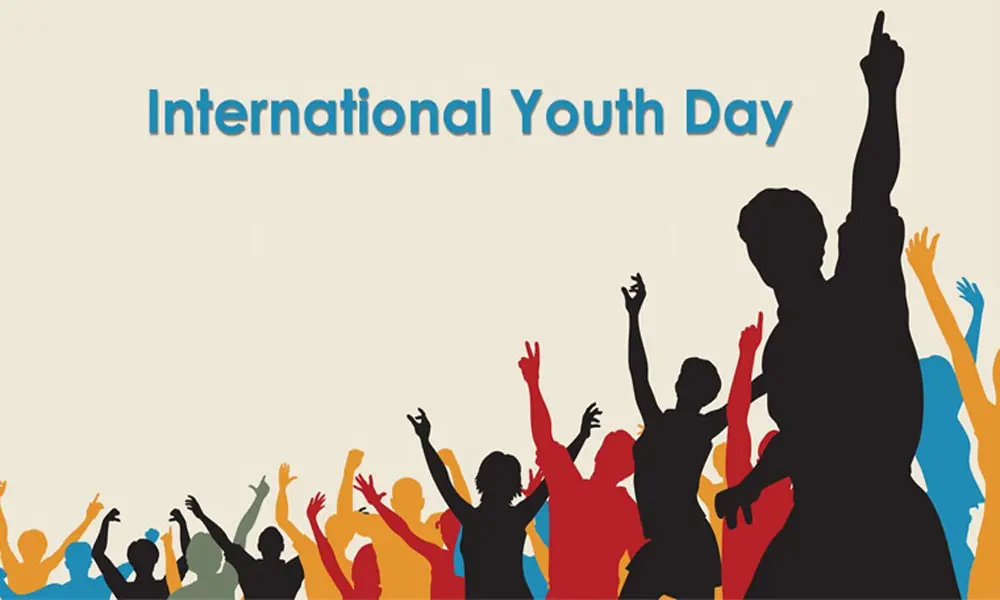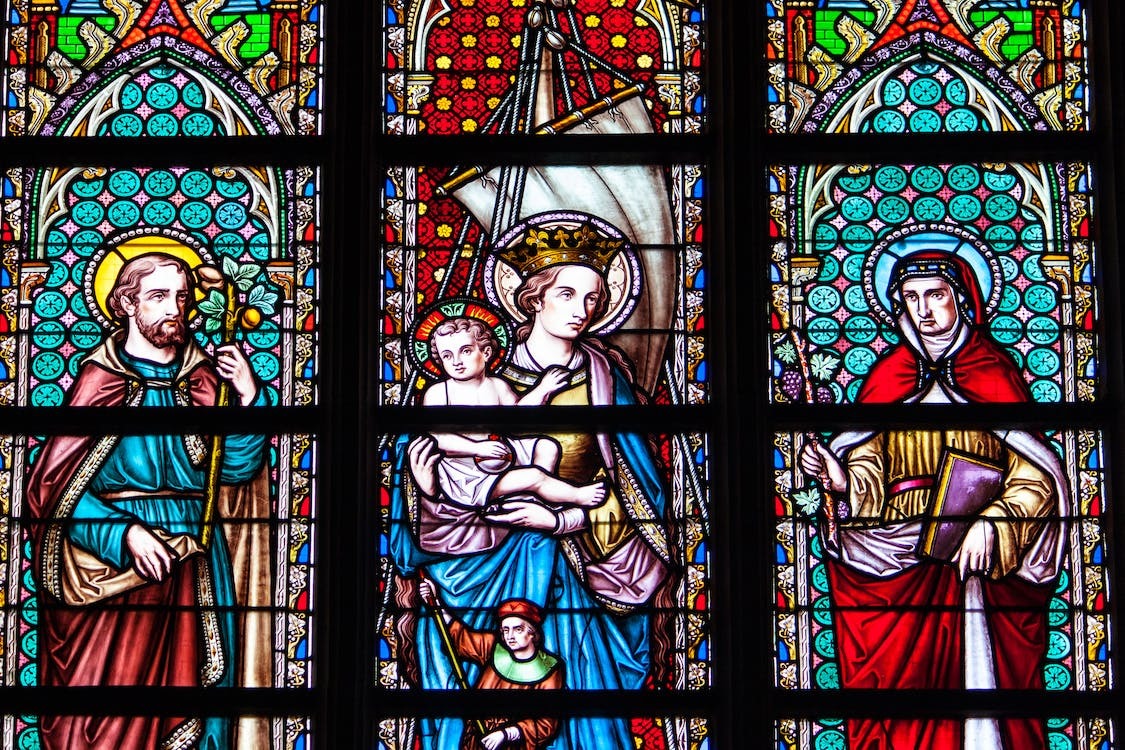Youth Day is more than a date on the calendar—it is a powerful, emotional tribute to the courage, resilience, and activism of young people throughout history. Around the world, this day is set aside to reflect on the bravery of youth who stood up against injustice, fought for freedom, and led movements that shaped our society. From solemn remembrances to energetic celebrations of youth culture, Youth Day offers a poignant reminder that the voices of young people have the power to change the world.
In countries like South Africa, Youth Day is deeply rooted in historical struggle. Elsewhere, it serves as a platform for recognizing the current and future contributions of young people. No matter the location, the day encourages societies to listen, engage, and invest in their youth. This article explores the emotional significance of Youth Day, its origins, global interpretations, and the way it continues to inspire generations.
The History Behind Youth Day
South Africa’s Defining Moment
On June 16, 1976, South African students from Soweto took to the streets in protest against the apartheid government’s policy of enforcing education in Afrikaans, a language seen as symbolic of oppression. These students, mostly in high school, demanded the right to learn in their native languages and called for improved education standards.
What began as a peaceful protest quickly turned tragic when police opened fire on the young demonstrators. Among the victims was 12-year-old Hector Pieterson, whose image became an international symbol of the brutality of apartheid. The Soweto Uprising marked a turning point in South African history, sparking nationwide resistance and drawing global attention to the country’s systemic injustices.
Since the end of apartheid, June 16 has been commemorated as Youth Day, honoring the brave students who paid the ultimate price for freedom and equality. Their voices continue to echo across generations.
Youth Day Around the World
While South Africa’s Youth Day is rooted in political struggle, other nations observe similar days focused on youth empowerment. For instance:
- International Youth Day (August 12): Established by the United Nations, this day promotes awareness of youth issues worldwide, including education, employment, mental health, and civic engagement.
- National Youth Day in India (January 12): Celebrated on the birth anniversary of Swami Vivekananda, who believed in the strength and vision of the youth.
- Youth Days in China, Turkey, and Nigeria: These days focus on national development, honoring student movements or cultural achievements.
In all instances, Youth Day is a celebration of potential, a moment of reflection, and an opportunity to amplify the voices of younger generations.
Honoring the Brave Voices
Stories That Inspire Generations
Each Youth Day brings with it the opportunity to revisit stories of young people who shaped history. From the fearless Soweto students to climate activists like Greta Thunberg and Malala Yousafzai’s advocacy for girls’ education, young individuals have often led the charge in movements that demand justice, equity, and dignity.
These stories are emotional not just because of the risks taken, but because of the deeply personal motivations that drive youth to action. They act out of hope, conviction, and the belief that change is possible.
Commemorative Events and Cultural Reflections
Across cities and communities, Youth Day is marked by memorial services, school programs, music concerts, art exhibitions, and public speeches. The day is both mournful and celebratory—recognizing the pain of past injustices while celebrating youth culture, achievements, and leadership.
Museums, such as the Hector Pieterson Memorial in Soweto, hold special exhibitions. Schools host reenactments of historical events, and organizations launch awareness campaigns centered around youth-led development and innovation.
The Emotional Weight of Youth Day
For many, Youth Day is a deeply emotional occasion. Families of fallen student activists remember loved ones, older generations recall a time of fear and hope, and today’s youth are challenged to consider their own role in building a better world.
This emotional resonance is what gives Youth Day its lasting impact. It is not just a reminder of what happened, but a call to continue the work started by the brave voices of the past.
The Relevance of Youth Day Today
Addressing Modern Challenges
Even decades after the events that sparked the first Youth Day commemorations, young people still face immense challenges—inequality, unemployment, violence, and limited access to education, to name a few. The global pandemic further exposed the fragility of youth systems, from mental health services to employment opportunities.
Youth Day urges leaders and societies to recommit to empowering young people through investment in education, mental health, technology, and inclusive policies.
A Platform for Expression and Activism
In today’s digital age, Youth Day also serves as a platform for youth expression. Social media movements, digital art, podcasts, and youth forums create spaces where young voices can influence public discourse on pressing global issues.
From climate change and racial justice to gender rights and mental wellness, young people continue to drive change through innovation, community building, and activism—just as they have done for generations.
Building a Future That Honors the Past
The most powerful tribute to the youth of 1976 and other youth activists across history is not just remembrance—it is action. On Youth Day, communities must not only reflect but also commit to creating environments where young people can thrive. This includes:
- Investing in inclusive education that empowers critical thinking and creativity.
- Providing opportunities for leadership in politics, business, and community work.
- Listening to youth voices in policy-making processes.
- Creating safe spaces for mental health, identity, and social expression.
FAQs
Q1: Why is Youth Day important?
Youth Day is important because it honors the bravery and sacrifices of young people in historical movements while encouraging today’s youth to continue advocating for justice, equality, and innovation.
Q2: When is Youth Day celebrated in South Africa?
Youth Day is observed annually on June 16 in South Africa, marking the anniversary of the 1976 Soweto Uprising led by high school students against apartheid education policies.
Q3: How can people celebrate Youth Day meaningfully?
People can celebrate Youth Day by learning about its history, attending community events, supporting youth-led initiatives, mentoring young individuals, and advocating for youth empowerment policies.
Conclusion: A Living Tribute to Brave Voices
Youth Day is not just about honoring the past—it is about empowering the present and shaping the future. It’s an emotional tribute to those who had the courage to speak when silence was safer, to act when fear was overwhelming, and to believe in a better tomorrow.
Today’s youth, standing on the shoulders of giants, must carry this legacy forward. They are not just the leaders of tomorrow—they are the catalysts of today. As we commemorate Youth Day, let us listen, uplift, and invest in the incredible power of young voices, knowing that in their hands lies the future of our world. From expert tips to trending updates, it’s all available on our main page.











Leave a Reply